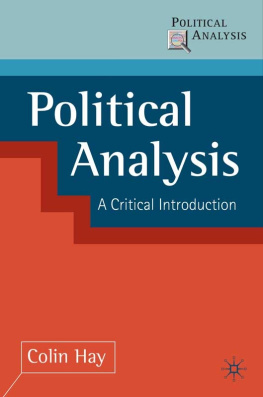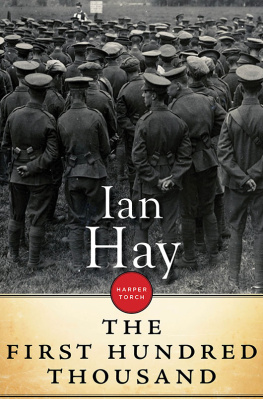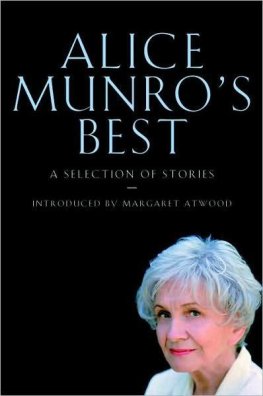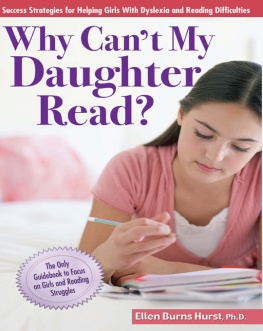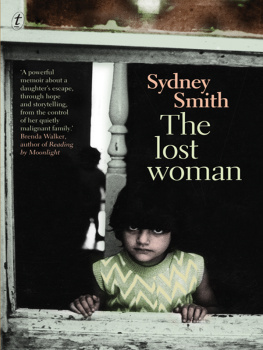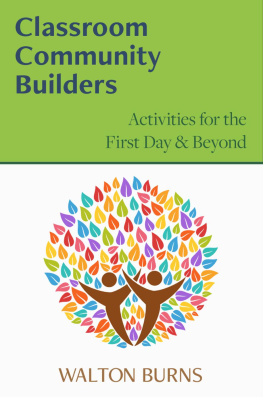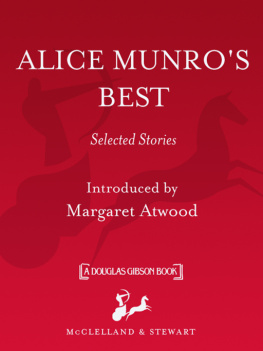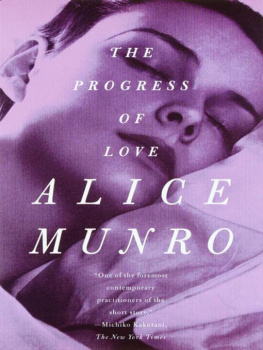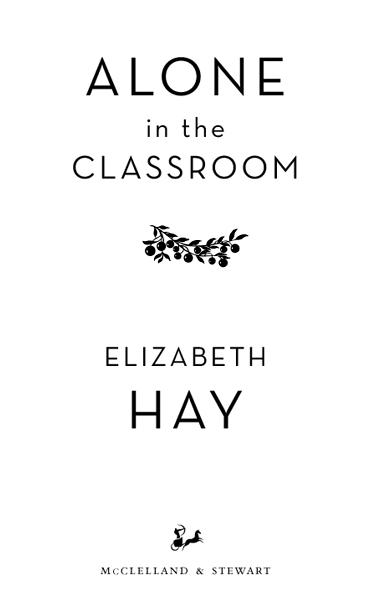Hay - Alone in the Classroom
Here you can read online Hay - Alone in the Classroom full text of the book (entire story) in english for free. Download pdf and epub, get meaning, cover and reviews about this ebook. City: Saskatchewan;Toronto, year: 2011, publisher: MacLehose Press;McClelland & Stewart, genre: Non-fiction. Description of the work, (preface) as well as reviews are available. Best literature library LitArk.com created for fans of good reading and offers a wide selection of genres:
Romance novel
Science fiction
Adventure
Detective
Science
History
Home and family
Prose
Art
Politics
Computer
Non-fiction
Religion
Business
Children
Humor
Choose a favorite category and find really read worthwhile books. Enjoy immersion in the world of imagination, feel the emotions of the characters or learn something new for yourself, make an fascinating discovery.
- Book:Alone in the Classroom
- Author:
- Publisher:MacLehose Press;McClelland & Stewart
- Genre:
- Year:2011
- City:Saskatchewan;Toronto
- Rating:5 / 5
- Favourites:Add to favourites
- Your mark:
Alone in the Classroom: summary, description and annotation
We offer to read an annotation, description, summary or preface (depends on what the author of the book "Alone in the Classroom" wrote himself). If you haven't found the necessary information about the book — write in the comments, we will try to find it.
In a small prairie school in 1929, Connie Flood helps a backward student, Michael Graves, learn how to read. Observing them and darkening their lives is the principal, Parley Burns, whose strange behaviour culminates in an attack so disturbing its repercussions continue to the present day. Connies niece, Anne, tells the story. Impelled by curiosity about her dynamic, adventurous aunt and her more conventional mother, she revisits Connies past and her mothers broken childhood. In the process she unravels the enigma of Parley Burns and the mysterious, and unrelated, deaths of two young girls.
ReviewAlone in the Classroom is meant to be read slowly, or even better, read twice Aritha van Herk, Toronto Globe & Mail.
a story of murder and obsessive love in prairie Canada, and better even than Alice Munro Nicholas Shakespeare.
An ambitious vision and unusually literary page-turner Calgary Herald.
beautifully written ... an atmospheric, haunting novel that explores the impact of past events on a new generation We Love This Book.
one to savour BookOxygen.
A testament to the quality of Hays writing that the lack of a traditional ending tantalises ... Principal Parley Burns, who moves through the school like mustard gas in subtle form, is one of the most memorable villains Ive ever encountered Guardian.
Highly accomplished and resourceful writer The Spectator.
Her pages ... blurred in my tears ... should be read carefully in order to appreciate its richness and its authors genius as a storyteller Bookgroupinfo.
unforgettable The Literary Review.
From the Inside FlapIn a small prairie school in 1929, Connie Flood helps a backward student, Michael Graves, learn how to read. Observing them and darkening their lives is the principal, Parley Burns, whose strange behaviour culminates in an attack so disturbing its repercussions are still felt to the present day. Connies niece, Anne, tells the story. Impelled by curiosity about her dynamic, adventurous aunt and her more conventional mother, she revisits Connies past and her mothers broken childhood. In the process, she unravels the enigma of Parley Burns and the mysterious deaths of two young girls. As the novel depends, the triangle of principal, teacher, student opens out into other emotional triangles - aunt, niece, lover; mother, daughter, granddaughter - until a sudden, capsizing love thrusts Anne herself into a newly independent life. This spellbinding tale - set in Saskatchewan and the Ottawa Valley - crosses generations and cuts to the bone. It probes the roots of obsessive love and hate, and celebrates the process of becoming who we are in a world full of startling connections that lie just out of sight.
Library : General
Formats : EPUB
ISBN : 9780857051257
Hay: author's other books
Who wrote Alone in the Classroom? Find out the surname, the name of the author of the book and a list of all author's works by series.


